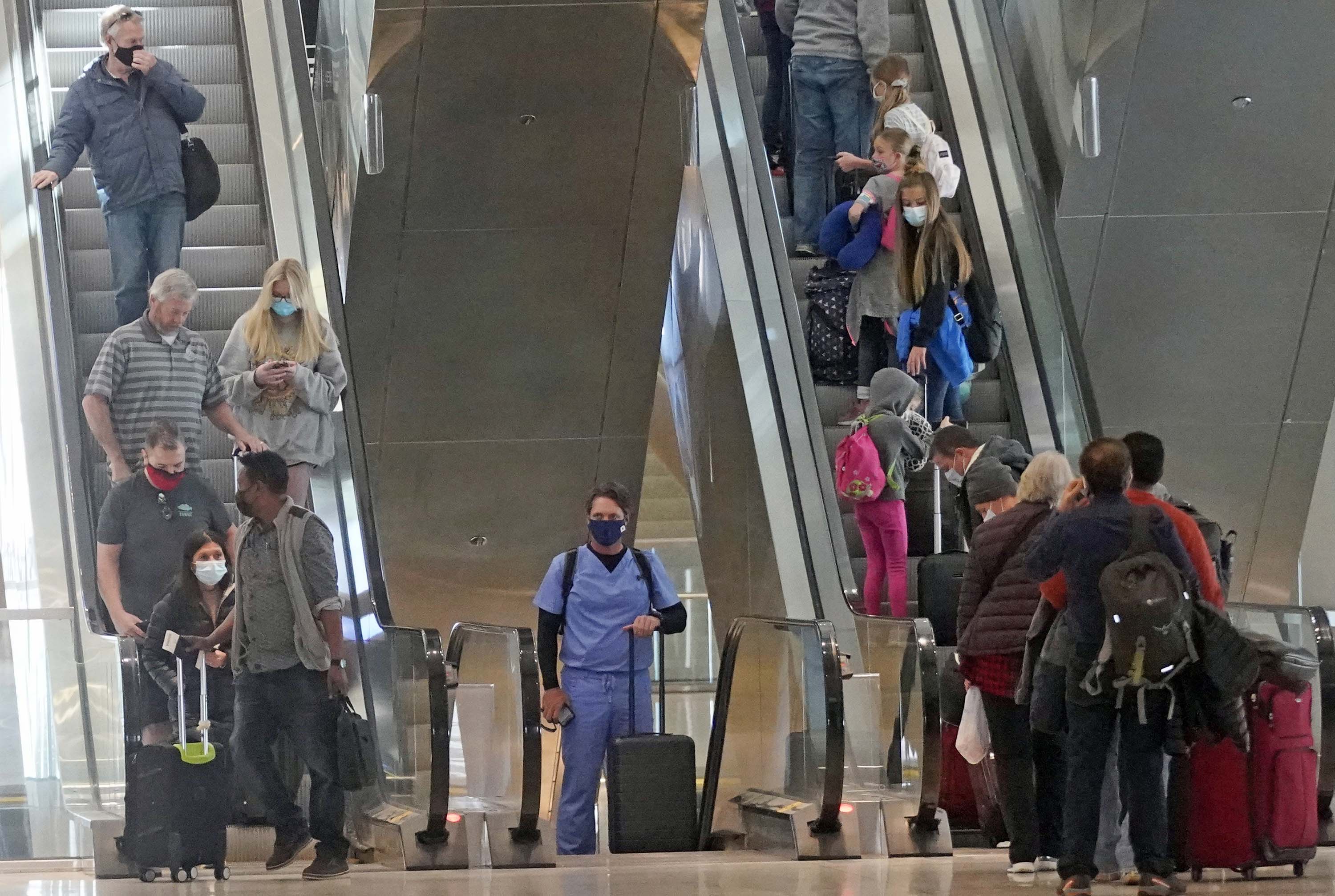More than 500 people in the United Kingdom were put on “do not resuscitate” orders without their consent or their carers’ consent during the coronavirus pandemic, a study released by the country’s Care Quality Commission (CQC) reported Thursday.
“From the beginning of the COVID-19 pandemic, there were concerns that ‘do not attempt cardiopulmonary resuscitation’ (DNACPR) decisions were being made without involving people, or their families and/or carers if so wished, and were being applied to groups of people, rather than taking into account each person’s individual circumstances,” according to the study from the independent regulator of health and social care in England.
Out of 2,048 adult social care providers who responded to the CQC’s information request, 5.2% (508 out of 9,679) of DNACPR decisions put in place since March 17, 2020 “had not been agreed in discussion with the person, their relative or carer,” the study said.
The report includes at least one case study of a man whose death may have involved an involuntary order not to resuscitate.
“Jim, who was in his 80s, was taken to hospital at the beginning of the pandemic after becoming unwell with a chest infection. Jim, who still worked, had normally been fit, well and active and went out most weeks in his car to visit friends or go to the cinema,” the report said.
“About 12 hours after being admitted to hospital Jim called [his daughter] Melanie. He was upset and confused, and told her he had signed away his life and was going to die. He told her that a doctor had put an order in place that they wouldn’t restart his heart if it stopped. He was upset that he had agreed to it because he didn’t want to die.”
The daughter told the commission she had tried to speak to medical and nursing staff about the decision.
“Because Jim was able to make decisions about his care, no one had discussed the decision with her,” she said, according to the report. “However, she was concerned that her dad was vulnerable because he was ill, likely to be confused as he had a bad infection, and he was all alone. She felt he would have just gone with what they told him.”
“Jim died while in hospital,” the report said.
The report is a result of a request from the Department of Health and Social Care to the CQC to conduct a “rapid review of how DNACPR decisions were used during the coronavirus pandemic, building on concerns that they were being inappropriately applied to groups of people without their knowledge.”
“It is unacceptable for any DNACPR decisions to be made without proper conversations with the individual, or an appropriate representative, taking into account their wishes and needs,” the report said.
An interim report from the CQC in November 2020 revealed “a combination of unprecedented pressure on care providers and rapidly developing guidance may have led to decisions concerning DNACPR being incorrectly conflated with other clinical assessments around critical care,” CQC said.
Despite positive feedback from most care providers, CQC revealed some concerns regarding the use of “blanket” DNACPR decisions proposed at a local level.
“Across the review process, whilst inspectors did find some examples of good practice, they also found a worrying picture of poor involvement of people using services, poor record keeping, and a lack of oversight and scrutiny of the decisions being made,” the study said.
The CQC called for government action to address a “worrying variation” in people’s experiences of DNACPR decisions and “to take responsibility for delivering improvements in this vital and sensitive area.”
The CQC’s goal with the plea to ministers is to have a bigger focus on “information, training and support,” as well as a “consistent national approach to advance care planning” and “improved oversight and assurance,” it said.
Correction: A previous version of this post incorrectly stated the date the CQC interim report was released.

